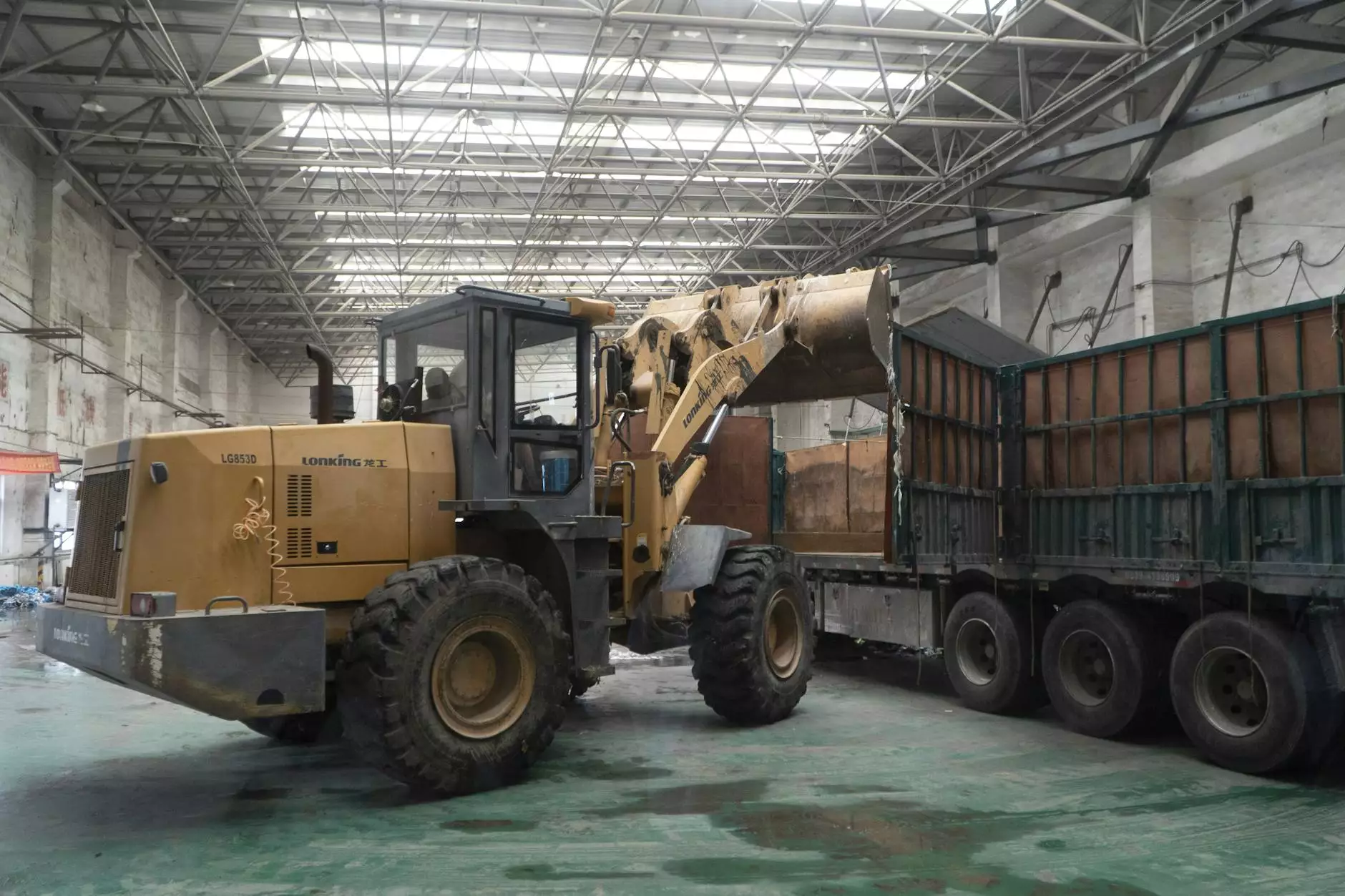Mastering Air Freight Booking: A Comprehensive Guide

In today's fast-paced global economy, air freight booking is not just a service; it is a crucial component of successful international trade. As the physical movement of goods goes digital, understanding the nuances of air freight booking can significantly enhance logistics efficiency, reduce costs, and ensure timely deliveries. This article will delve deep into the essentials of air freight booking, including its benefits, processes, and best practices. Let’s explore the world of logistics and find out how to optimize your air freight operations!
1. Understanding Air Freight Booking
Air freight booking is the process through which businesses secure space on an aircraft to transport products internationally. This can be a complex procedure that involves various stakeholders, including airlines, freight forwarders, and customs authorities. Key elements of air freight booking include:
- Booking Request: Initiate the process by requesting space on a specific flight.
- Documentation: Prepare necessary documents to comply with legal and regulatory requirements.
- Customs Clearance: Ensure goods clear customs before shipment.
- Delivery Coordination: Arrange for the destination delivery of goods.
1.1 The Role of Freight Forwarders
Freight forwarders serve as intermediaries between shippers and carriers. Their expertise in logistics can be a game-changer for businesses, especially when it comes to air freight booking. They handle:
- Negotiating Rates: Leverage relationships with airlines to secure competitive pricing.
- Optimal Routing: Finding the best possible routes that save time and costs.
- Documentation: Preparing and submitting all necessary paperwork to ensure compliance.
2. Benefits of Air Freight Booking
Choosing air freight for your shipping needs comes with a myriad of advantages. Here’s a closer look at why many companies prefer air freight booking:
- Speed: The most notable benefit is the fast transit times. Goods can be shipped across continents within days, rather than weeks.
- Reliability: Air freight is typically less susceptible to delays compared to ocean freight.
- Tracking: Enhanced tracking capabilities make it easier to monitor the progress of shipments.
- Safety: With new technology and regulations, cargo is generally well-protected in transit.
2.1 Cost Considerations
Although air freight booking tends to be more expensive than ocean freight, the cost can be justified when time-critical shipments are involved. Businesses must weigh the cost per kilogram against the value of expedited delivery. Often, the negligible cost difference can lead to huge savings in inventory holding costs and improved cash flow.
3. The Air Freight Booking Process
Understanding the air freight booking process is crucial for ensuring smooth operations. Here’s a step-by-step breakdown:
Step 1: Gather Shipping Details
Before initiating your air freight booking, it’s essential to gather all product details, including:
- Weight and Dimensions: Accurate measurement ensures the right space is booked.
- Nature of Goods: Some items may require special handling or documentation.
- Delivery Dates: Provide an honest estimate about when the goods need to arrive.
Step 2: Select a Freight Forwarder
Choose a freight forwarder who aligns with your business values and needs. Assess their network, experience, and customer service quality before making a decision.
Step 3: Request a Quote
Reach out to the selected freight forwarder for a quote. They will assess your shipping details and provide a precise pricing model. Be sure to ask about:
- All-Inclusive Costs: Ensure you understand all charges, including fuel surcharges and handling fees.
- Transit Times: Get estimates on how long the air freight will take.
- Insurance Options: Discuss insurance to protect your cargo during transit.
Step 4: Confirm Booking
Once you are satisfied with the quote and terms, confirm your booking. At this point, you will need to submit necessary documentation such as:
- Commercial Invoice: Details about the items being shipped and their value.
- Packing List: Information on how items are packed and their specifications.
- Air Waybill: A contract between the shipper and airline.
Step 5: Prepare Goods for Shipment
Correctly packaging your goods is crucial. Make sure that items are packed securely to withstand handling during transit. Consider:
- Weight Distribution: Ensure even weight distribution for safety.
- Labeling: Properly label your packages to avoid mix-ups.
Step 6: Delivery and Customs Clearance
Your freight forwarder will handle customs clearance. However, you must ensure that all legal requirements are met. Be aware of:
- HS Codes: Know the correct Harmonized System codes for your products.
- Import Regulations: Understand the import regulations of your destination country.
4. Key Challenges in Air Freight Booking
While air freight booking provides numerous benefits, there are challenges that need to be managed effectively:
4.1 Capacity Limitations
Airlines have limited cargo space, especially during peak seasons. Make bookings well in advance to avoid capacity-related issues.
4.2 Regulatory Compliance
Adhering to regulations in both the originating and destination countries can be complicated. Non-compliance can lead to delays and fines.
4.3 Volatile Pricing
Air freight rates can fluctuate significantly due to fuel costs or demand. Budgeting for these changes is necessary to avoid unexpected expenses.
5. Technologies Shaping Air Freight Booking
Innovation plays a crucial role in enhancing the air freight experience. Various technologies are transforming how businesses manage their shipping needs:
- Digital Platforms: Online booking systems allow for real-time quotations and booking confirmations, streamlining the process.
- Tracking Systems: Advanced tracking technologies provide complete visibility of shipments, improving customer satisfaction.
- Blockchain: Emerging technologies like blockchain can enhance security and transparency in the logistics chain.
6. Best Practices for Successful Air Freight Booking
To ensure your air freight operations run smoothly, follow these best practices:
- Research: Understand various freight forwarders and carriers before making a choice.
- Prepare Documentation Early: This ensures no unnecessary delays during customs clearance.
- Communicate: Maintain clear communication with your freight forwarder for updates and changes.
- Evaluate Performance: Regularly assess your shipping process to identify areas for improvement.
Conclusion
Efficient air freight booking is essential for companies aiming to thrive in the international market. By understanding the process, recognizing the inherent challenges, and adopting best practices, businesses can enhance their logistics operations. Whether you're a seasoned exporter or a business venturing into global trade for the first time, mastering the art of air freight booking can set the foundation for success. Explore airfreight solutions today at cargobooking.aero and stay ahead in the competitive marketplace!









